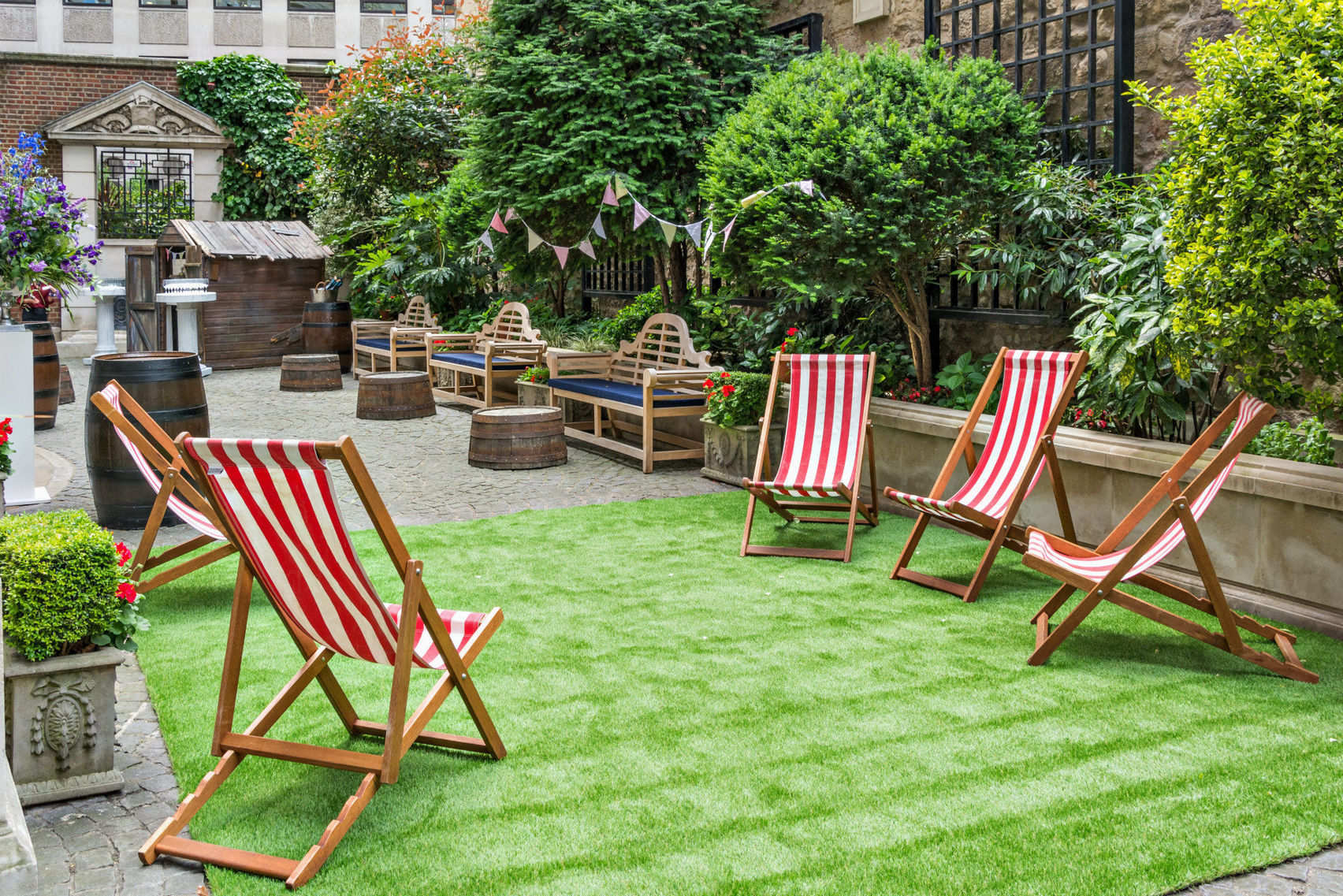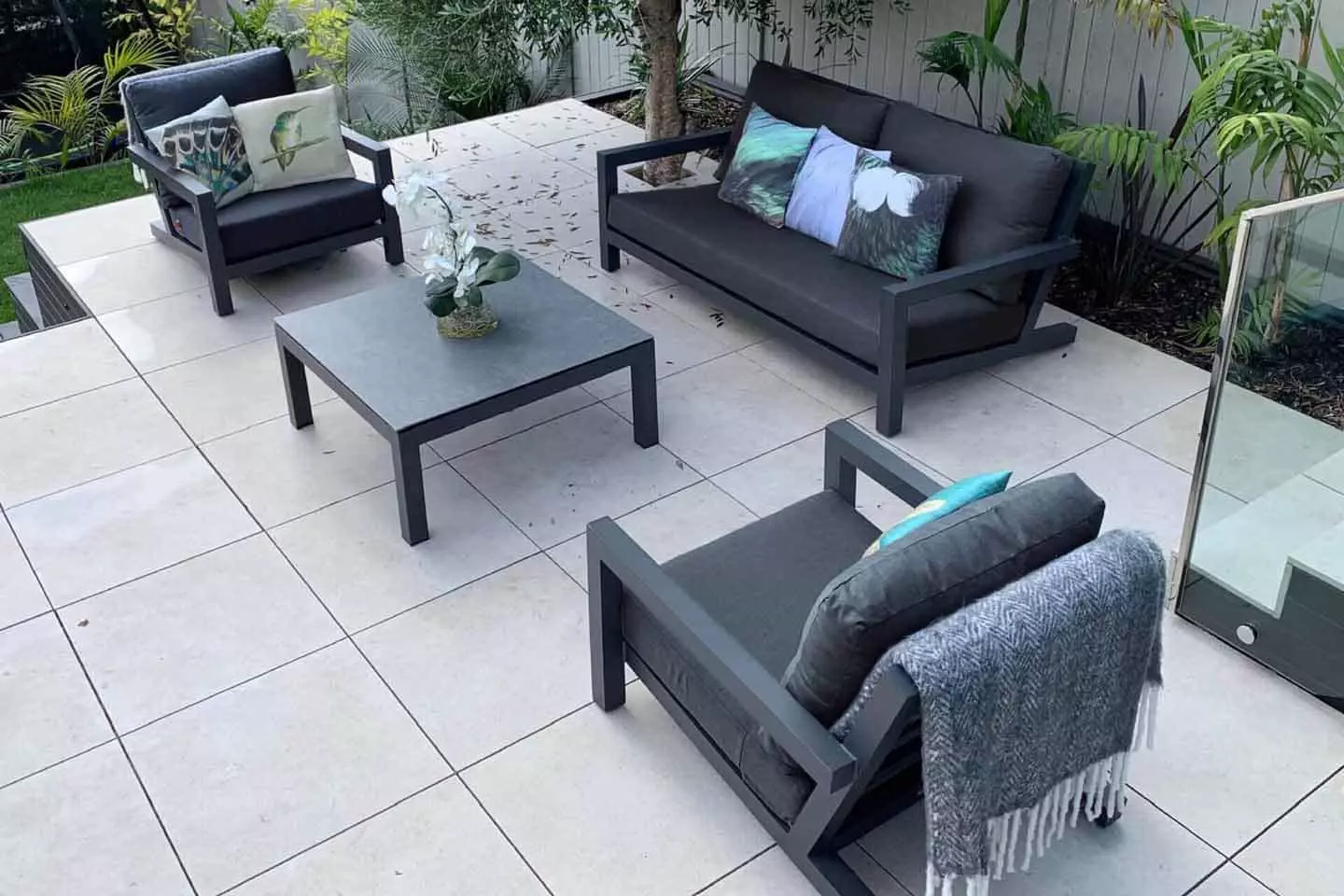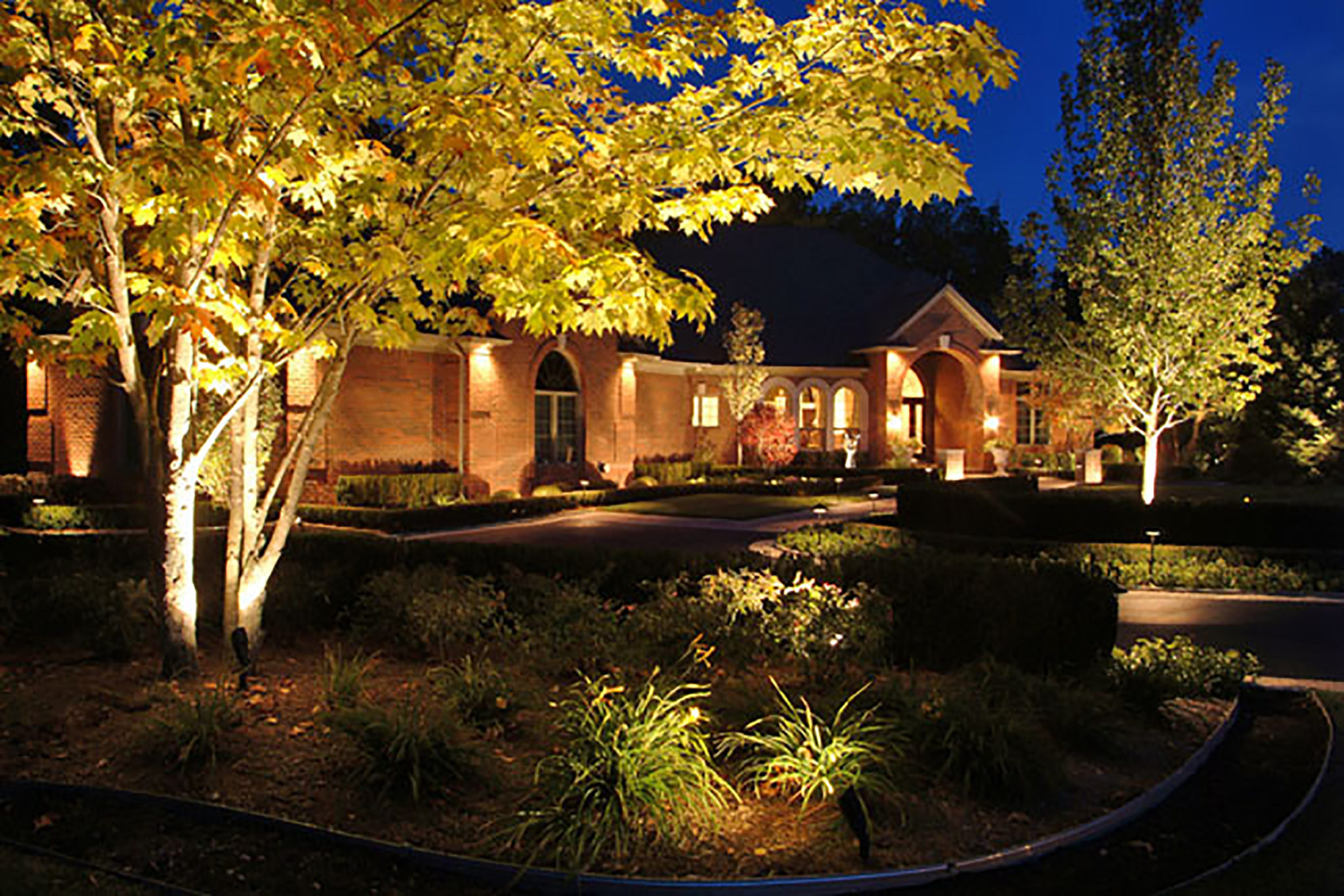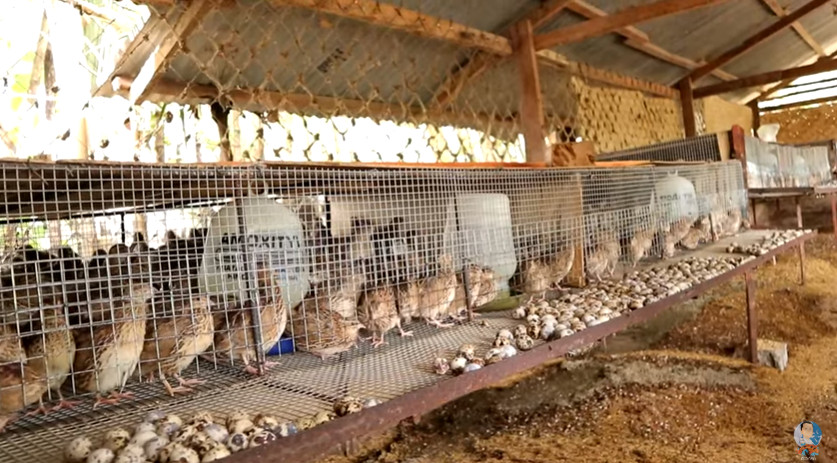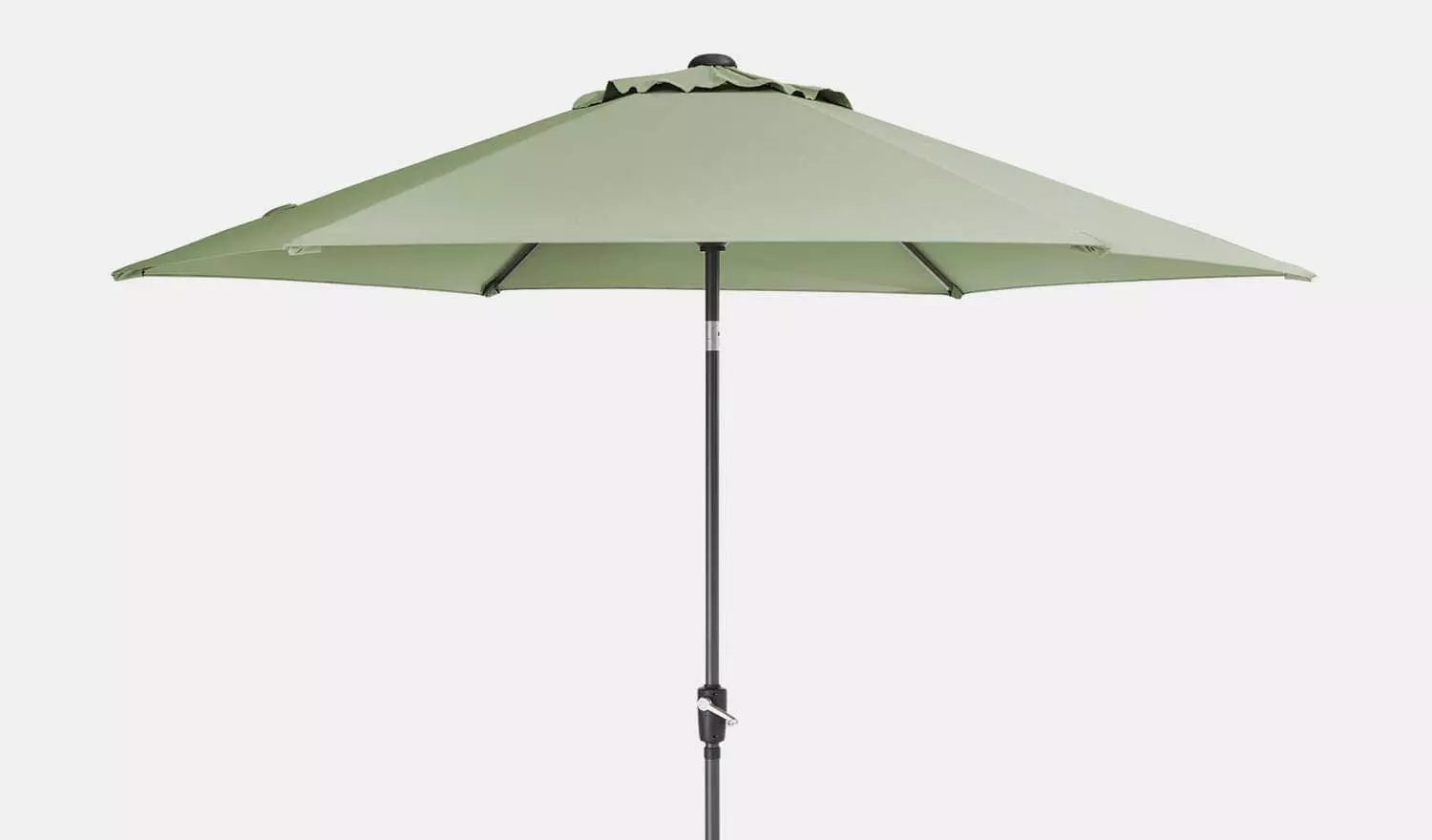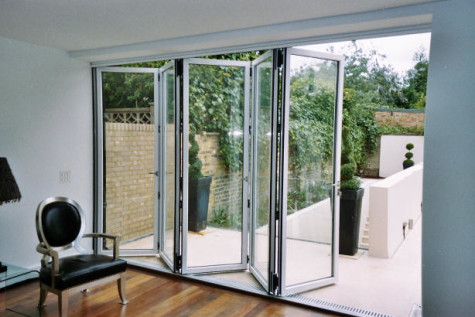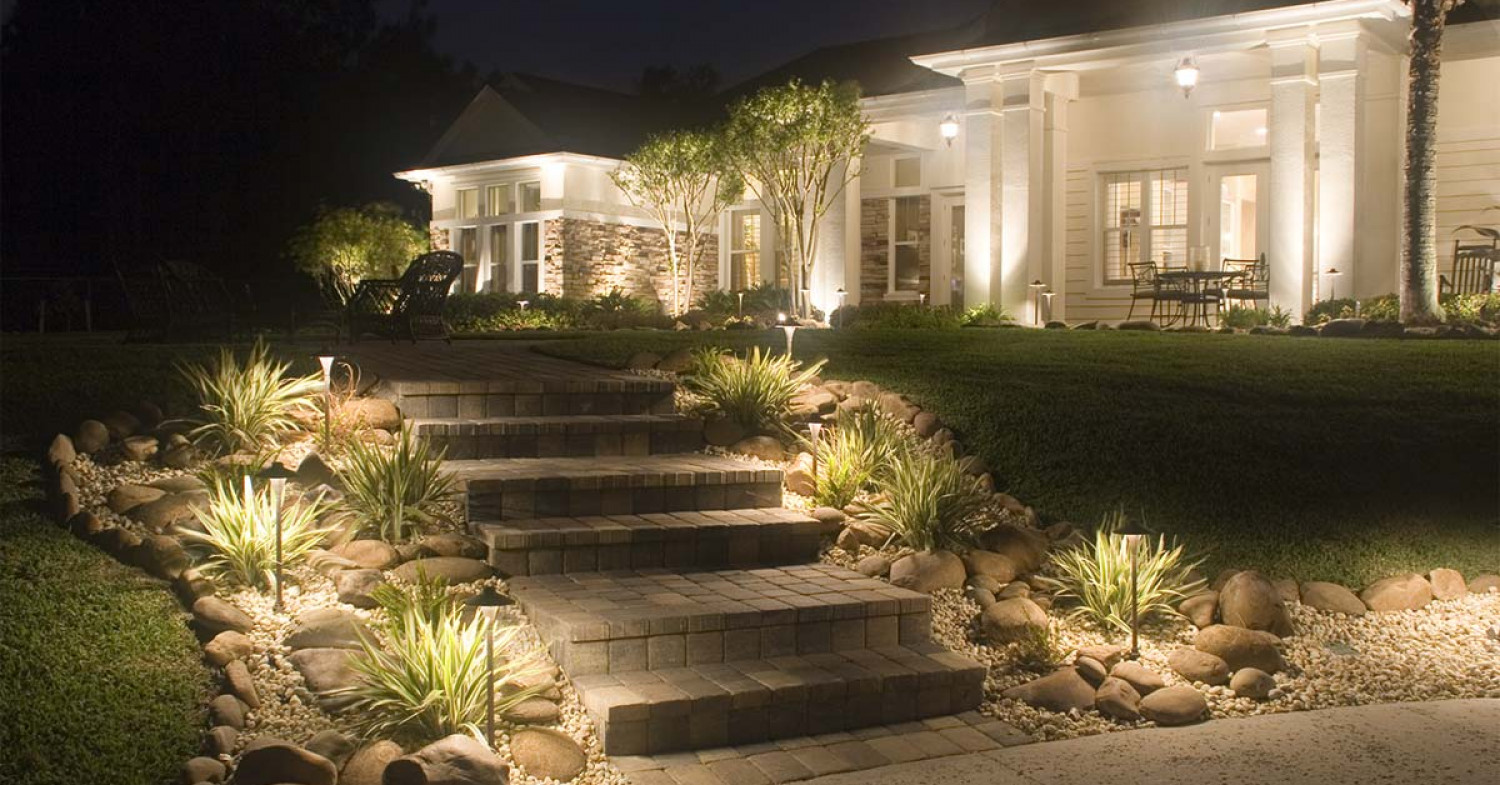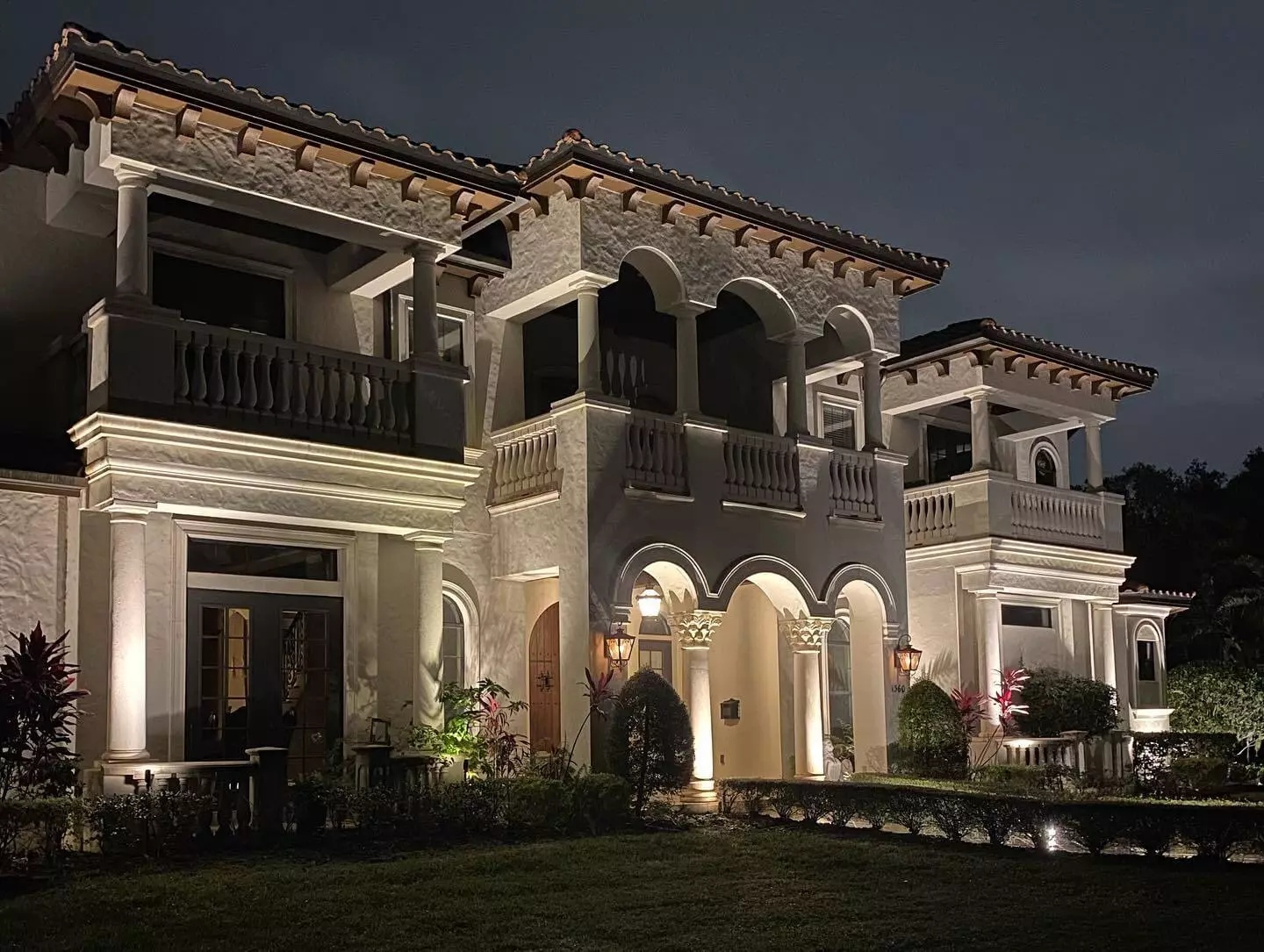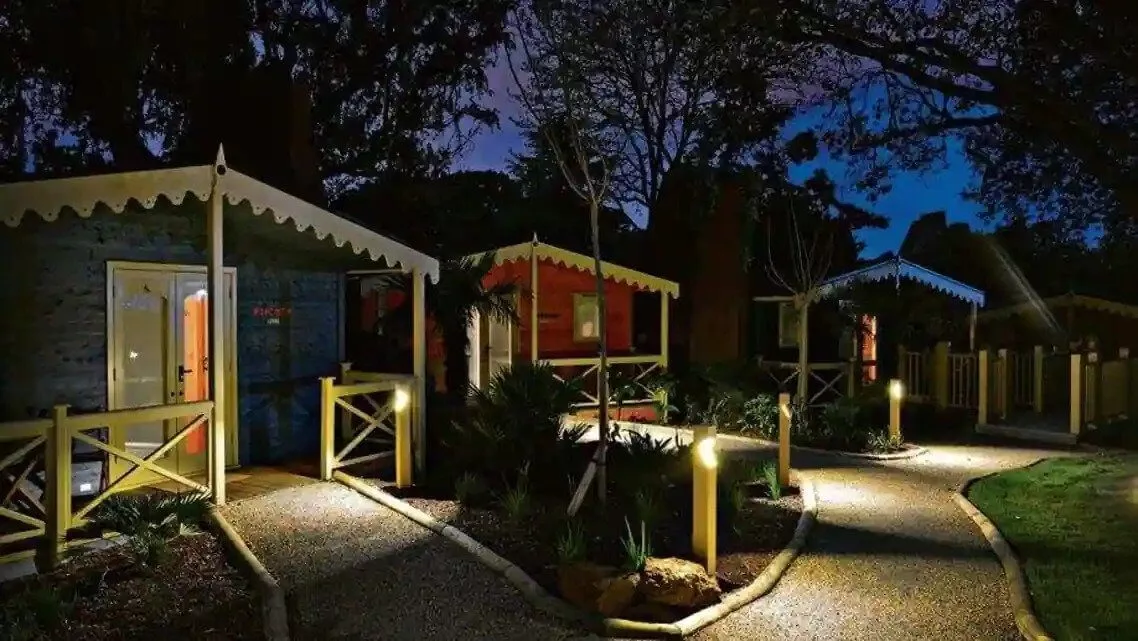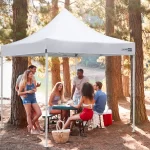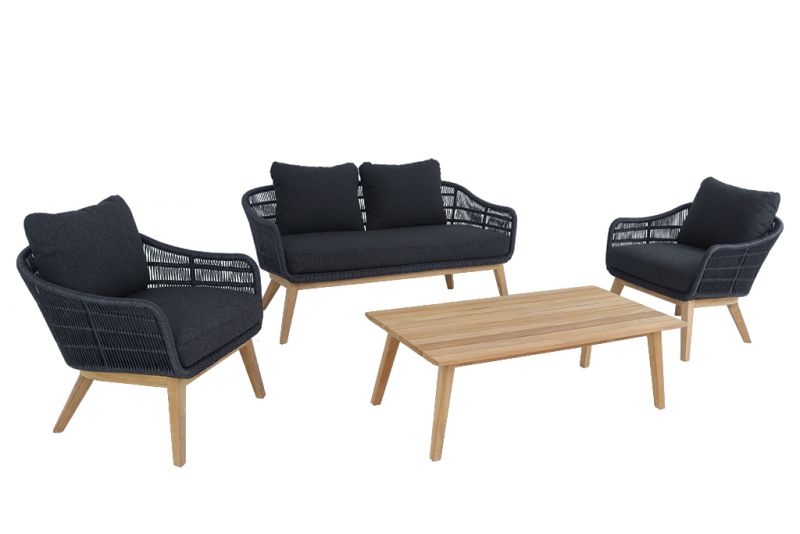10 Ways To Create An Ideal Outdoor Space For Families
With the constant tech innovations being introduced today, getting your children to go outside and enjoy the fresh air is probably the best thing you can do for them as their parent. This task can be difficult, especially since you are competing against the many indoor attractions available like tablets, laptops, and gaming consoles.
Creating zones in your outdoor space is the key to persuading your family to go outside. You need to know how it must be done without turning the whole garden into a playground.
You can start by creating family-friendly play areas and activities in the garden. If your kids know that they have their own dedicated play space outside to hang out with their friends, they will surely be happy to leave their gadgets inside.
Landscaping gardeners say that with a bit of advance planning, these spaces can be incorporated into the garden without disturbing its beauty.
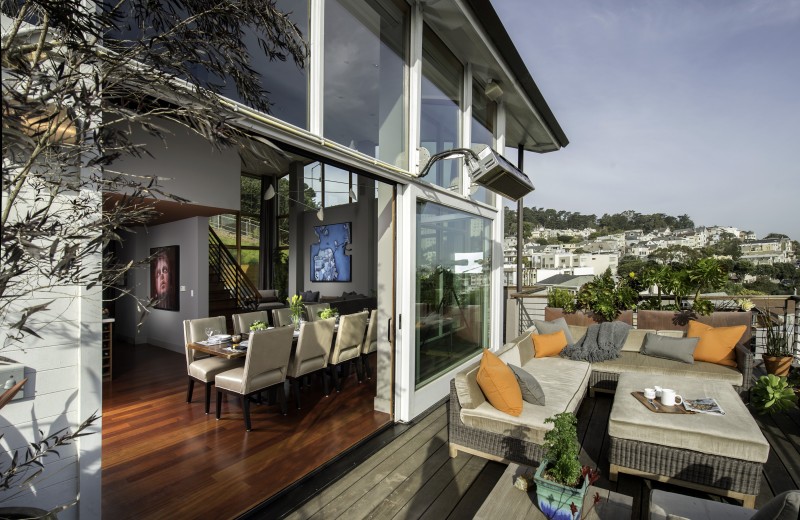
How to Create a Family-Friendly Outdoor Space
- Create areas for hideaways
If your family can’t get out into the natural environment too often, consider bringing a bit of wilderness into your garden. For instance, use existing trees on your property as the centrepiece for a “wild” zone. Let the grass grow longer in this area. And when the tree is big enough, you can mount a tree house.
- Install group play equipment
This is a great way of saving some space. You can group slides, swings, and playhouses in one zone. As the lawn wears out around the play equipment, use bark and paving. Today, there are other special play surfaces, often made from recycled materials, which you can also use.
- Build paths
You can create paved areas for riding bikes, skateboards, and scooters. These areas can also be used for pushing prams.
Moreover, you can build soft surfaces where your children can chase the dog and play ball games. Your entire family can also just lie down on these areas during hotter days.
- Avoid cultivating toxic plants
There are common plants that have poisonous leaves, sap, flowers, and fruit. These include daffodil bulbs, arum lily flowers, hellebore and lobelia, the sap of frangipani and euphorbia, and the leaves of calendula and rhubarb. A reputable gardener can provide you with more facts on which plants should not be included in your family-friendly garden.
- Opt for raised-bed gardening
You must lift your plants above the ground level. This will protect them during play. Also, this will help keep race cars and toy trucks on the right track.
- Create multi-functional spaces
If space is tight, consider combining two functions in one area. For instance, the informal area like the vegetable gardens can be transformed into your kids’ fun areas with scarecrows, a veggie patch, and mosaic pavers. In some Aussie gardens, circular beds are used for the edibles, making them ideal for a child’s sandpit, too.
- Provide a space for your pet
Dogs love to run and dig in gardens, so you should give them an overgrown area. This will also teach them to leave the flowerbeds alone. Cats, on the other hand, often use freshly dug soil as their litter tray so you should keep those areas covered with twiggy sticks, a cloche or fleece.
- Install a water feature
Ponds attract plenty of birds, insects and other animals. Also, children love identifying insects, collecting tadpoles, and paddling. But since small kids can drown even in a few inches of water, you must wait until they are older before installing a water feature and other backyard additions in your garden.
- Provide enough sun protection
Always make sure that there is enough shade during summer for paddling pools, sandpits and other play areas. Consider installing them under a tree. If not, you can use a sun umbrella, awning or a shade sail.
- Have a raised deck
This will create a vantage point for adults. Also, this can serve as a sanctuary for family dining or relaxing. You can use a stylish border of dense, tall plants to separate your lawn from the seating area.
Sit down with your family and work out what you all want in your garden. Create a scale plan of the yard and plot out the activity zones. If you have a small site, you cannot accommodate all your plans, so some compromises must be made. Having a landscape designer at your side will help you decide which elements work best with your family’s lifestyle.

Claire Derrick is a home blogger who loves to share her experiences with others. She likes being motivated and encourages people to be the best they can be.

